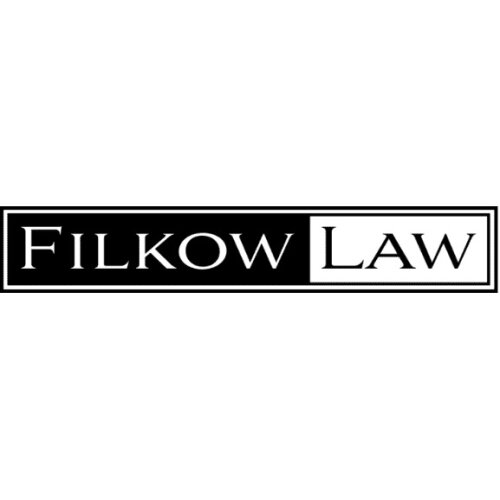Best Arrests & Searches Lawyers in Vancouver
Share your needs with us, get contacted by law firms.
Free. Takes 2 min.
List of the best lawyers in Vancouver, Canada
About Arrests & Searches Law in Vancouver, Canada
In Vancouver, the law relating to arrest and searches is guided by the Canadian Charter of Rights and Freedoms, in addition to the Criminal Code of Canada. These laws provide a framework that ensures the protection of an individual’s rights during an arrest, detention and interrogation processes. Law enforcement officers have to follow due process which allows them to make an arrest or carry out a search either by virtue of a warrant, or without a warrant under specific conditions.
Why You May Need a Lawyer
If you have been arrested or searched and you believe your rights have been violated, you will likely need legal advice to understand your rights and potential remedies. For instance, you might believe that the search was illegal, the police used unreasonable force, you were wrongly arrested or you were not informed of your legal rights. A lawyer can help you navigate any criminal charges filed against you, defend your rights and freedoms, or help you file a lawsuit if the police misconducted under legal provisions.
Local Laws Overview
The local Vancouver law asserts that the police must have a lawful reason for arresting or detaining an individual. They must also correctly inform the person of the reasons for their arrest. Similarly, a search warrant, typically issued by a judge, is needed for a lawful search in most scenarios. However, there are exceptions where search without a warrant can take place, such as, during an arrest, if an illegal object is in plain view more other special circumstances.
Frequently Asked Questions
What are my rights if I'm arrested?
When arrested, you have the right to be informed why you were arrested, to retain and instruct a lawyer without delay and to be presumed innocent until proven guilty, among others.
No warrant was presented, is the search legal?
In certain situations, searches can be conducted without a warrant, like when consent is given, when evidence is in plain view, or when there's a suspicion of a serious offence in progress.
What does a ‘reasonable force’ mean in arrest making?
'Reasonable force' indicates the degree of force law enforcement are legally allowed to use when making an arrest which should be appropriate to the situation and the person being arrested.
What can I do if I believe my rights were violated during an arrest or search?
You should seek the advice of a lawyer who could navigate you through the process of a lawsuit, should one be needed.
What if I was not informed of the reasons for my arrest or my rights?
If you weren't informed of your rights and the reasons for your arrest, any evidence collected can be challenged in court.
Additional Resources
For more help, you can reach out to organizations like the British Columbia Civil Liberties Association, and Legal Aid BC. The Canadian Bar Association provides a lawyer referral service.
Next Steps
If you need legal help, consult a lawyer as soon as possible. Take careful notes about your encounter and mention all the facts to your attorney. They will guide you through the legal process and advise you on your next steps.
Lawzana helps you find the best lawyers and law firms in Vancouver through a curated and pre-screened list of qualified legal professionals. Our platform offers rankings and detailed profiles of attorneys and law firms, allowing you to compare based on practice areas, including Arrests & Searches, experience, and client feedback.
Each profile includes a description of the firm's areas of practice, client reviews, team members and partners, year of establishment, spoken languages, office locations, contact information, social media presence, and any published articles or resources. Most firms on our platform speak English and are experienced in both local and international legal matters.
Get a quote from top-rated law firms in Vancouver, Canada — quickly, securely, and without unnecessary hassle.
Disclaimer:
The information provided on this page is for general informational purposes only and does not constitute legal advice. While we strive to ensure the accuracy and relevance of the content, legal information may change over time, and interpretations of the law can vary. You should always consult with a qualified legal professional for advice specific to your situation.
We disclaim all liability for actions taken or not taken based on the content of this page. If you believe any information is incorrect or outdated, please contact us, and we will review and update it where appropriate.












